The likelihood of Bulgaria joining the eurozone on 1 January 2026 is growing by the day. The country would become the 21st EU member to adopt the single currency. The signals are coming both from the Bulgarian government, which has repeatedly stated that this is one of the cabinet's main goals, and from the European institutions. There is also a consensus in parliament, even among the opposition.
A week ago, Finance Minister Temenuzhka Petkova reiterated her confidence that Bulgaria has met all the criteria for membership, including the required budget deficit limit, the inflation rate threshold, and price stability, which remains at sustainable levels.
But contrary to the enthusiasm of politicians, surveys show that the majority of Bulgarians are sceptical about replacing the lev. Data from different polling agencies vary, but they all agree on one thing: more than half of Bulgarians do not want to change the currency.
What is the attitude of the public towards the euro?
Tony Vassilev, who works for a large global company and lives in the heart of the capital, an area traditionally considered the most "pro-euro", is against the introduction of the single currency.

"I live in the heart of Sofia and consider myself part of the representative sample of the area. I have nothing against the euro as a currency. My concerns are mainly related to the fact that the state will have no mechanism to deal with speculation once we adopt the euro. The other thing that worries me is the issuance of new European debt. And if we become part of the eurozone, we will have no say in such decisions. If we stay with the lev, we will be in a currency board, tied to the euro anyway, and I really don't see the point of adopting the single European currency. What is being said about a reduction in bank charges and other such things, I do not think will have any impact on business," our interviewee argues.
Irishman Thomas Price, who works in Sofia, also shares his perspective. Ireland adopted the euro more than 25 years ago, but he advises Bulgarians to stick with the lev.
"Seven to eight pounds became 10 euros, everything became more expensive after 1999. This will certainly happen across Europe, and I think it will happen in Bulgaria. Debt was also a big problem after 2008, when the commodity market collapsed and Ireland had to borrow from the European Central Bank, I think we had to borrow 60 billion euros," says Price. He adds that in Ireland, even after more than 25 years, there is still a lot of nostalgia for the Irish pound.
Younger Bulgarians, on the other hand, are more positive about adopting the single European currency.
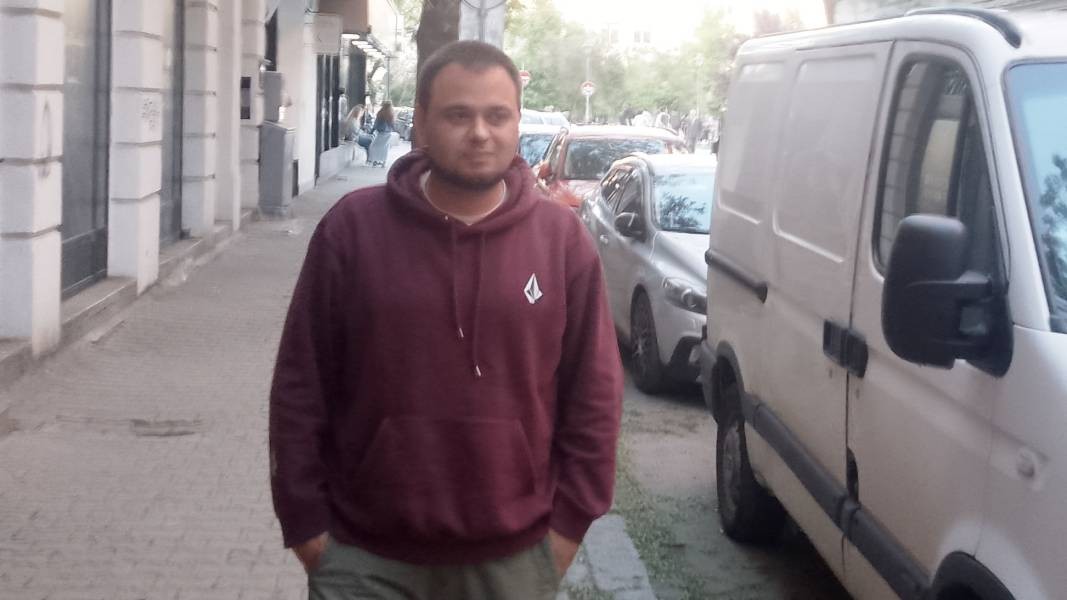
"The lev is pegged to the euro anyway. I would rather go to Western Europe and not have to change euros, because everything can be done with a card, unlike in our beloved homeland. So I am definitely 'for' the euro. Prices have been in line for at least two years. No, I have no fears, I don't think such a price hike is possible," shares his Euro-optimism Martin, a graphic designer from the Lyulin neighborhood.
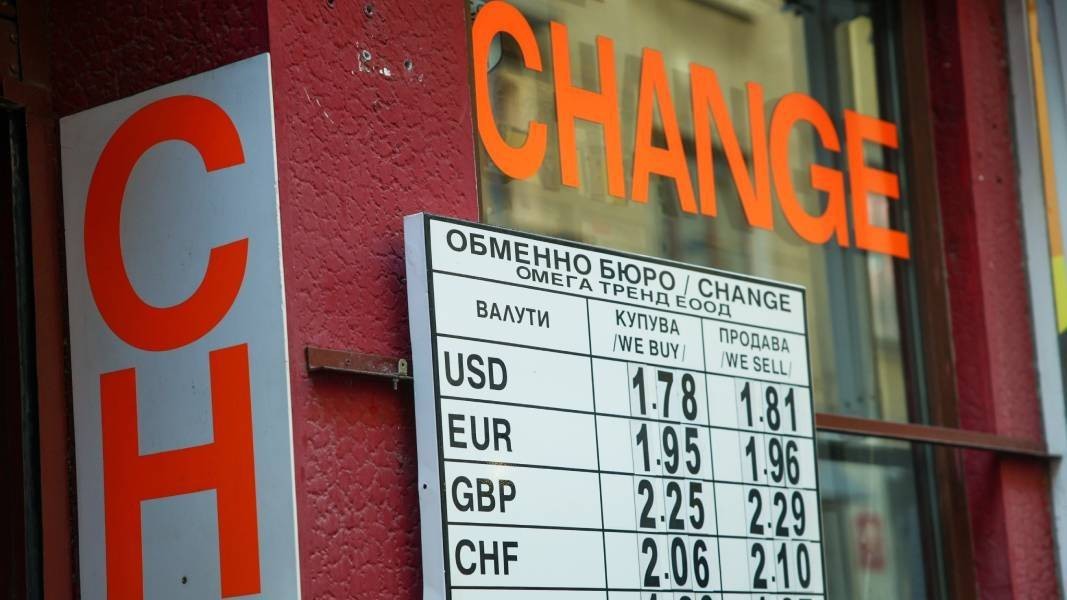
Sophia is a young Bulgarian, but also a citizen of the world, having spent her entire adult life outside Bulgaria.
"My name is Sophia, I am 22 years old and I live abroad. I grew up in Luxembourg because my family moved there when I was 4. For me, the euro is something unique because it can be used in many countries within the European Union. I'm currently studying in Italy and I don't have to change money when I'm there. I can travel to Spain. I also studied at the European School, where the children of people who work for the EU institutions go, so my education is very pro-European".
We also meet Vasil Vasilev, who is retired.
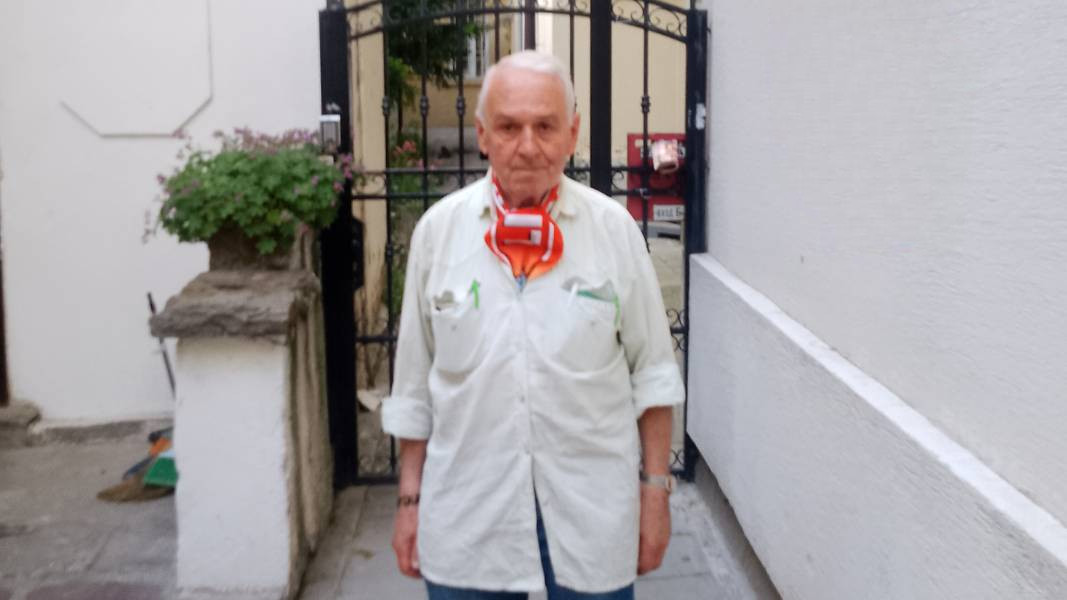
Aged 78, he is a former lecturer at the Academy of the Ministry of the Interior and a Doctor of Science. He believes that Bulgaria can adopt the euro, but only in the future, because "at the moment our economy is not sufficiently developed".
"We will lose our financial independence and our money will be used by countries like France, Italy and Spain, which have quite a large deficit. In other words, we will lose our national sovereignty. And the most important thing, I think, is that it's uncertain whether this European Union will exist in its current form in the next 15 to 20 years. Because we are becoming a multipolar world, and Europe will finally become the Europe of nations, as the great Frenchman, General de Gaulle, envisaged".
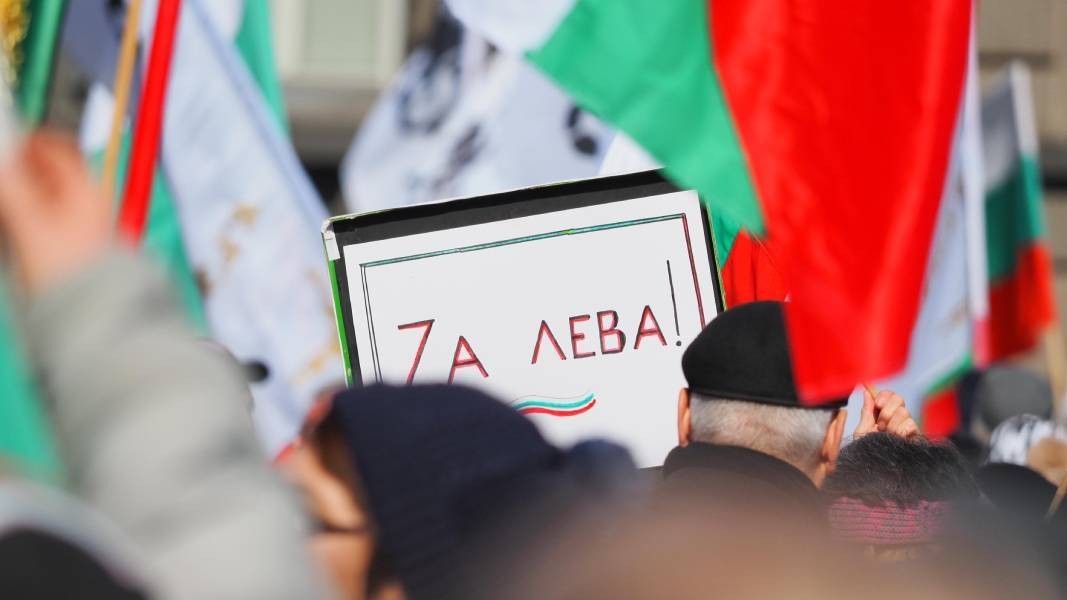
On the other hand, economists and politicians continue to debate "for" or "against", some with arguments, others with other means. According to some, there is a risk of price rises, but also a risk of excessive public spending.
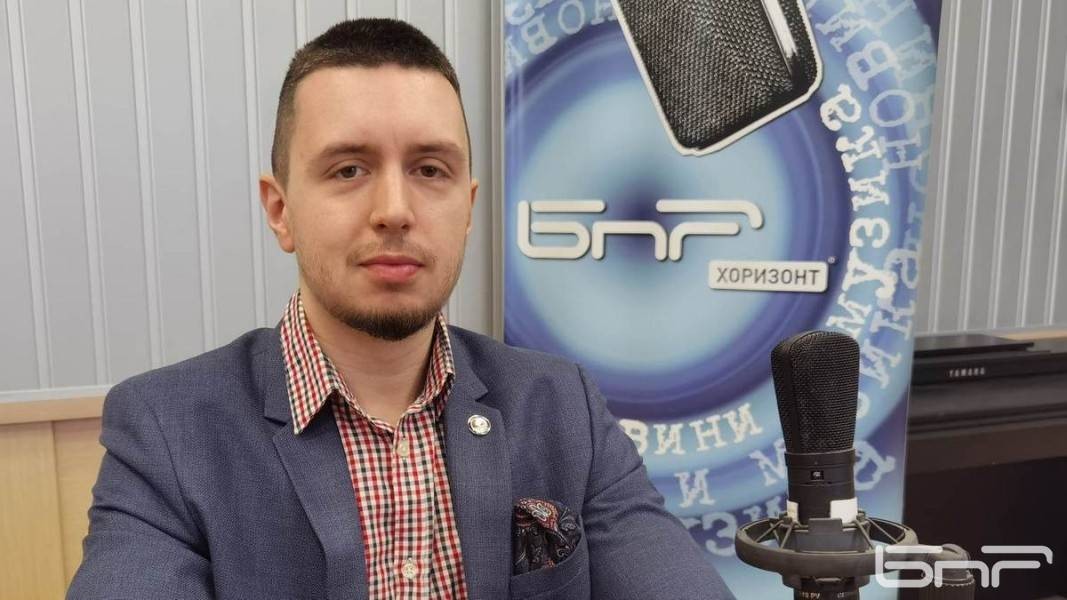
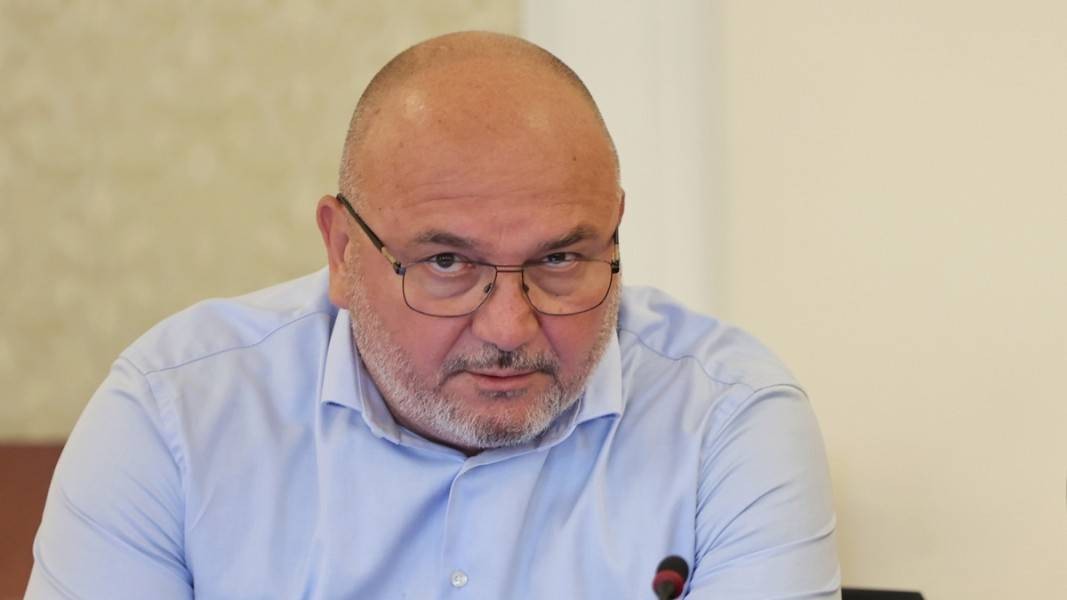
Is there a risk of price hikes?
"There is always the possibility of a certain amount of speculation. But that won't happen here. It's a funny idea, because Bulgaria has always had higher inflation than the eurozone," says the financier.
Ultimately, whether the currency change will be a positive or negative development for us, the ball is now in the court of the European Commission and the European Central Bank, and we will hear the final decision very soon, on June 4.

In the end - for or against, will the currency change bring us hope or fear - the ball is now in the court of the European Commission and the European Central Bank, and we will hear a "yes" or "no" very soon - on 4 June.
Citizens should remain calm about the introduction of the euro in Bulgaria from January 1, 2026, as the Bulgarian National Bank and commercial banks are ready for all processes related to the currency conversion and distribution of euro banknotes. This..
Bulgaria’s Ministry of Finance has published the draft state budget in euros for 2026. The country’s GDP is projected to reach EUR 120.1 billion, with an economic growth rate of 2.7%. Planned revenues amount to EUR 51.436 billion, or 42.8% of GDP...
In 2024, 8.2% of people aged 18 or over who declared to be at work (either employed or self-employed) in the EU were at risk of poverty, according to data from Eurostat, cited by the BNR's Horizont channel. In Bulgaria, this share reached 11.8%. The..

+359 2 9336 661
